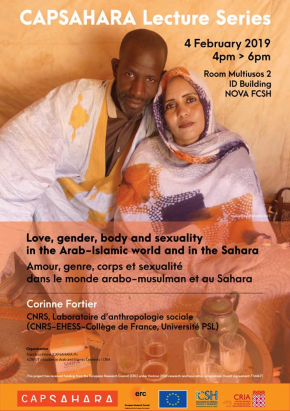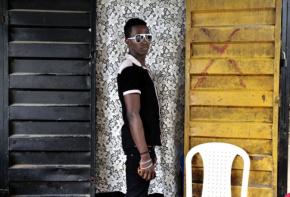body
Postes avec la étiquette body
Archives
Auteur
- administrador
- adrianabarbosa
- Alícia Gaspar
- arimildesoares
- camillediard
- candela
- catarinasanto
- claudiar
- cristinasalvador
- franciscabagulho
- guilhermecartaxo
- herminiobovino
- joanapereira
- joanapires
- keitamayanda
- luisestevao
- mariadias
- marialuz
- mariana
- marianapinho
- mariapicarra
- mariaprata
- martacacador
- martalanca
- martamestre
- nadinesiegert
- Nélida Brito
- NilzangelaSouza
- otavioraposo
- raul f. curvelo
- ritadamasio
- samirapereira
- Victor Hugo Lopes
Data
- avril 2025
- mars 2025
- février 2025
- janvier 2025
- décembre 2024
- novembre 2024
- octobre 2024
- septembre 2024
- août 2024
- juillet 2024
- juin 2024
- mai 2024
Étiquettes
- a guerra guardada
- ccf
- Colonialismo e Sociedades Pós-coloniais
- comando africanos
- Desconstruir o Colonialismo
- doomduro
- eurípides
- filo-lisboa 2020
- Germany
- Gonçalo M. Tavares
- indígena
- Isabeli Santiago
- kamikia kisêdjê
- Livraria Ulmeiro
- maconde
- pós-memória
- Raja Litwinoff
- representações de africa
- Residência Artística
- “A Caricatura do Abandono”
Les plus lus
- AFROTOPIAS: artistas do pós-independência 17 Abril I Bruxelas
- 7th Queering Afro-Luso-Brazilian Studies Conference
- PÓS-MUSEU: 'A' de Ausência
- António Jacinto: Poeta e Guerrilheiro
- Uma Ecologia Decolonial - Conferência por Malcom Ferdinand
- Hanami, a primeira longa-metragem da realizadora Denise Fernandes, Cabo Verde
- Paisagens de Fogo: Uma história política e ambiental dos grandes incêndios em Portugal
- Curadoras macaenses da Bienal de Veneza apresentam nova mostra
- Programa de apoio à pesquisa das coleções fílmicas da Cinemateca Portuguesa-Museu do Cinema (2025)
- Lançamento do livro GAIA E FILOSOFIA de Lynn Margulis
 [CAPSAHARA Lecture Series ] CNRS, Laboratoire d’Anthropologie Sociale (CNRS-EHESS-Collège de France, Université PSL)
[CAPSAHARA Lecture Series ] CNRS, Laboratoire d’Anthropologie Sociale (CNRS-EHESS-Collège de France, Université PSL) This act is set within the Dakar Biennale OFF program. In 38 out of 54 African countries homosexuality is illegal. The exhibition, curated by
This act is set within the Dakar Biennale OFF program. In 38 out of 54 African countries homosexuality is illegal. The exhibition, curated by 
